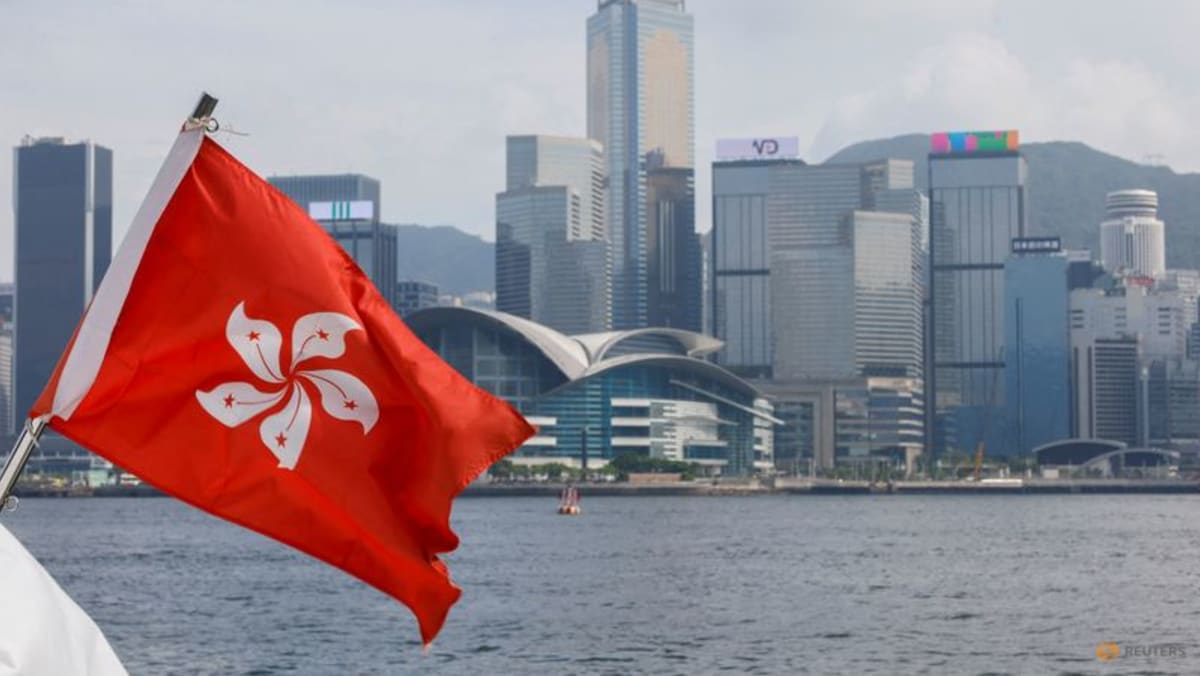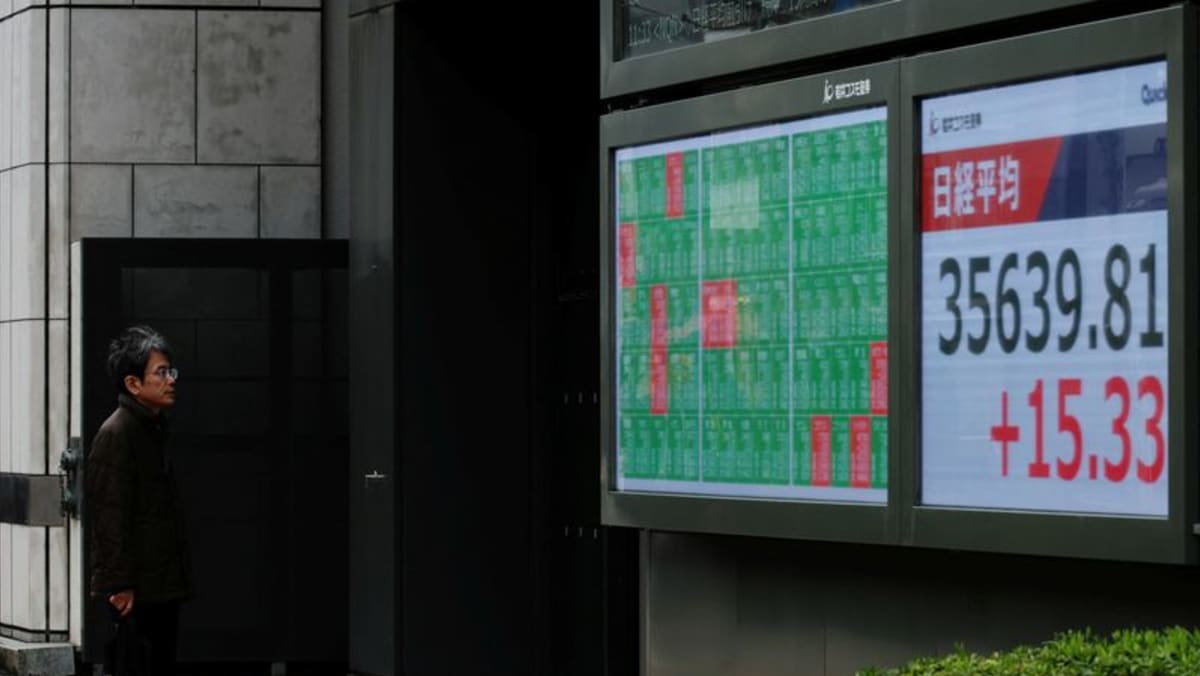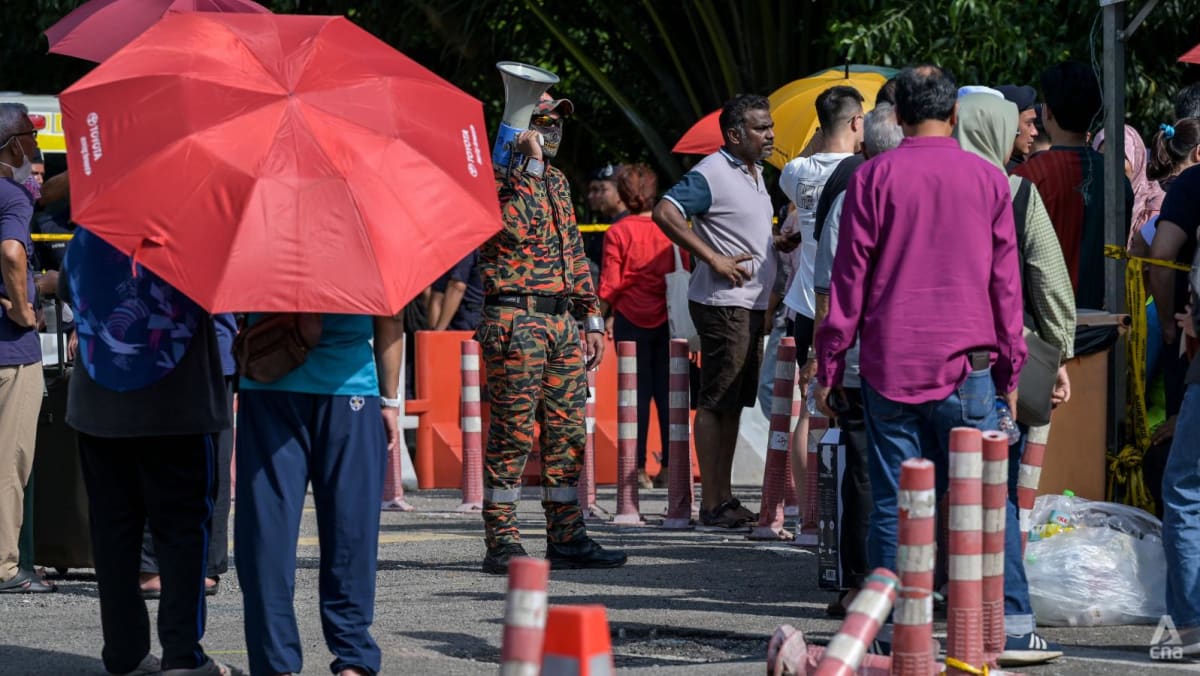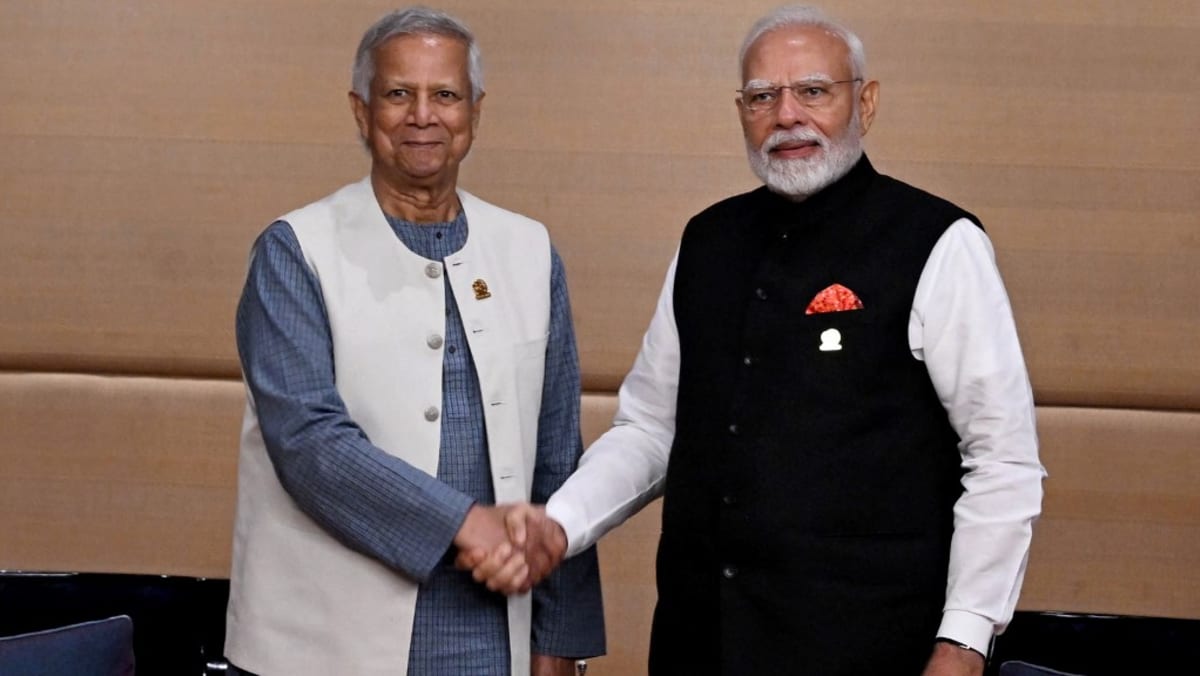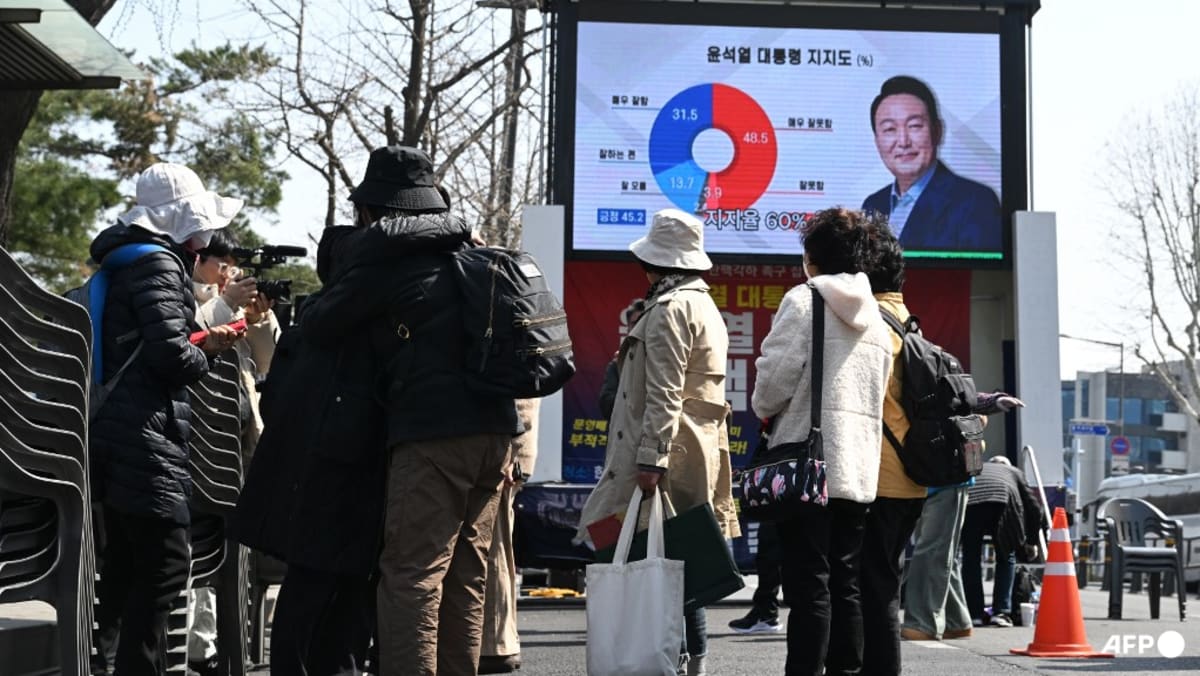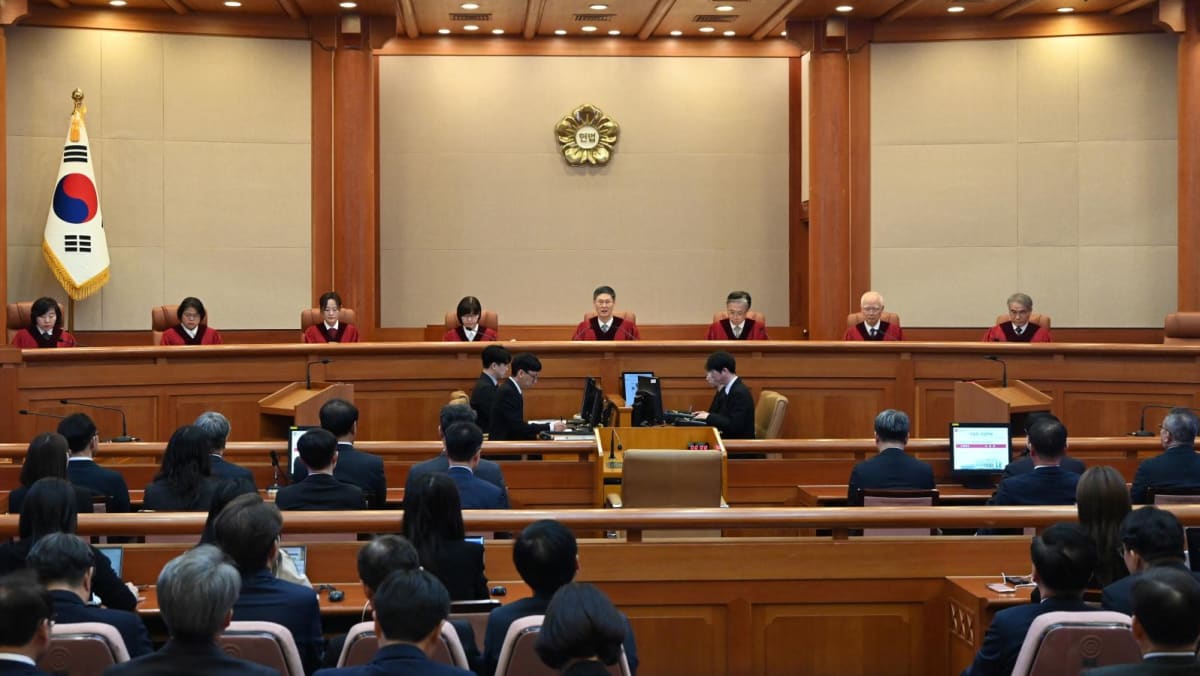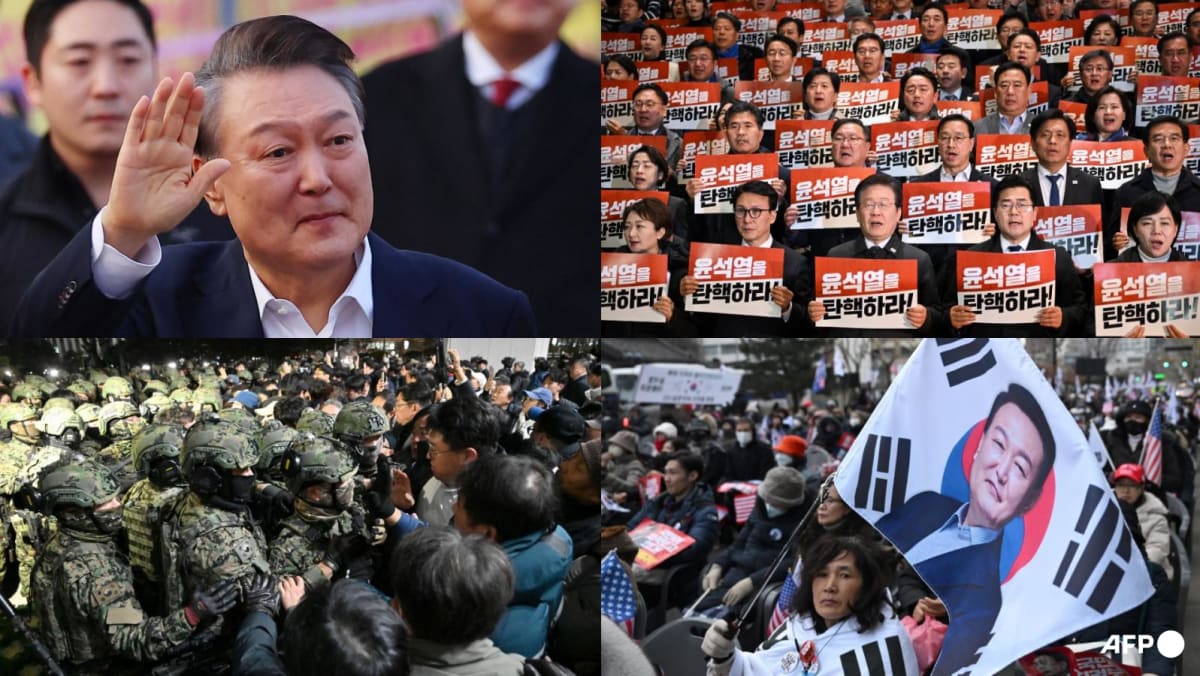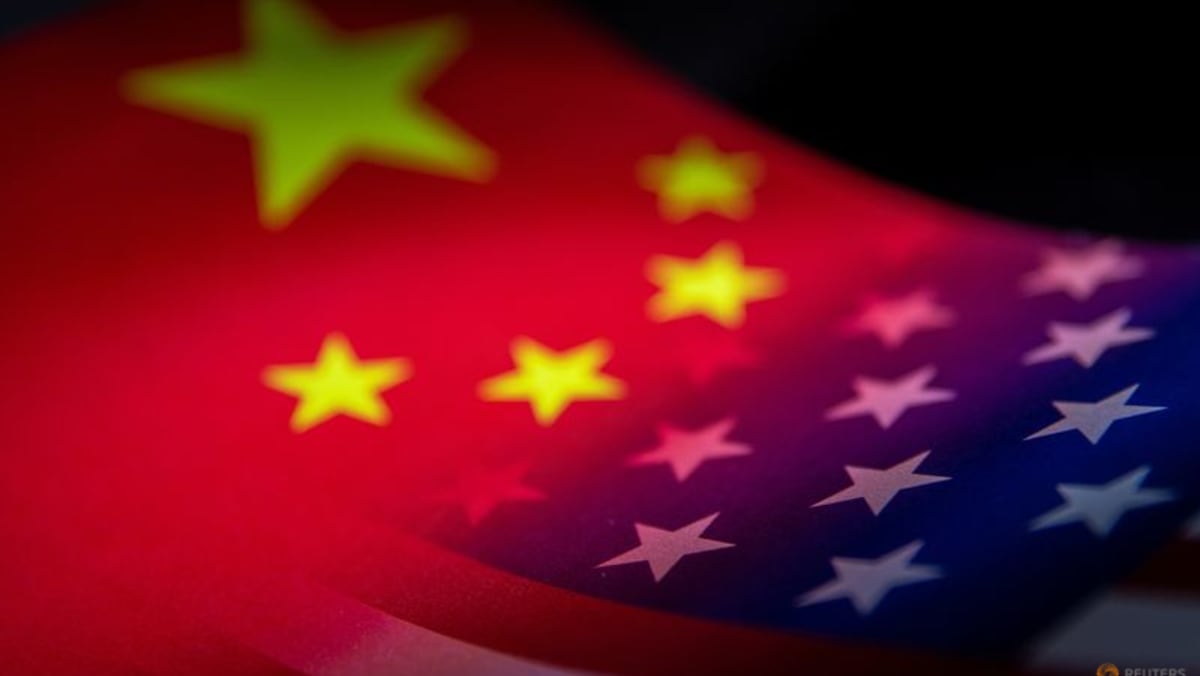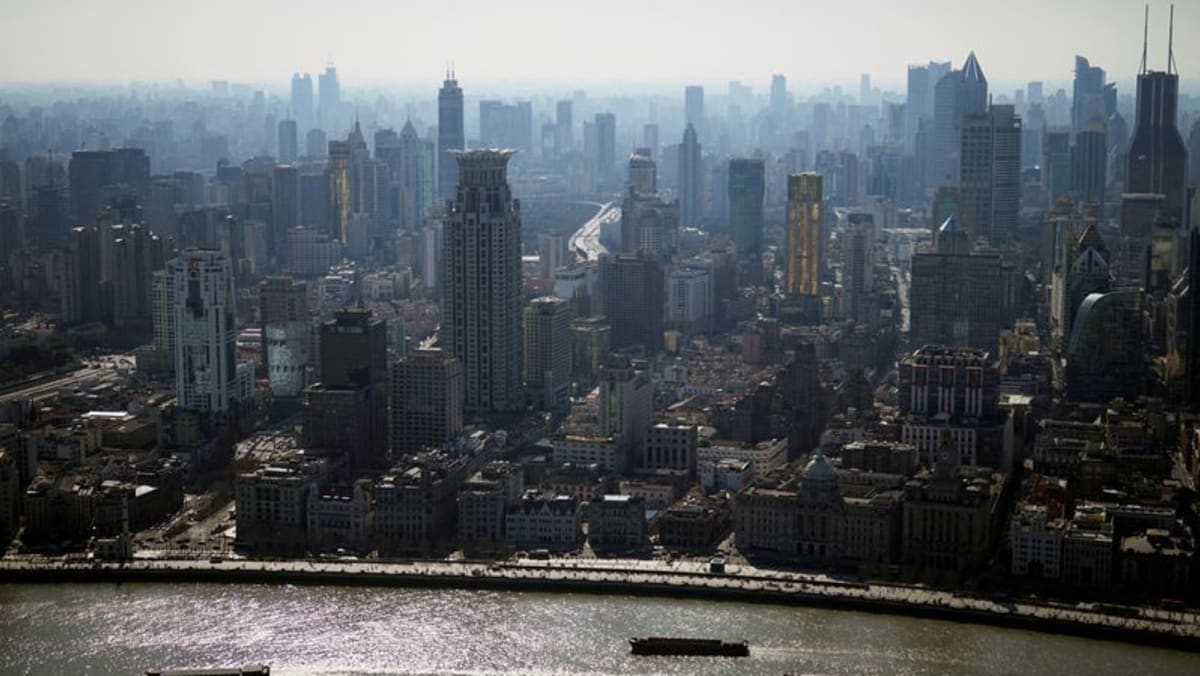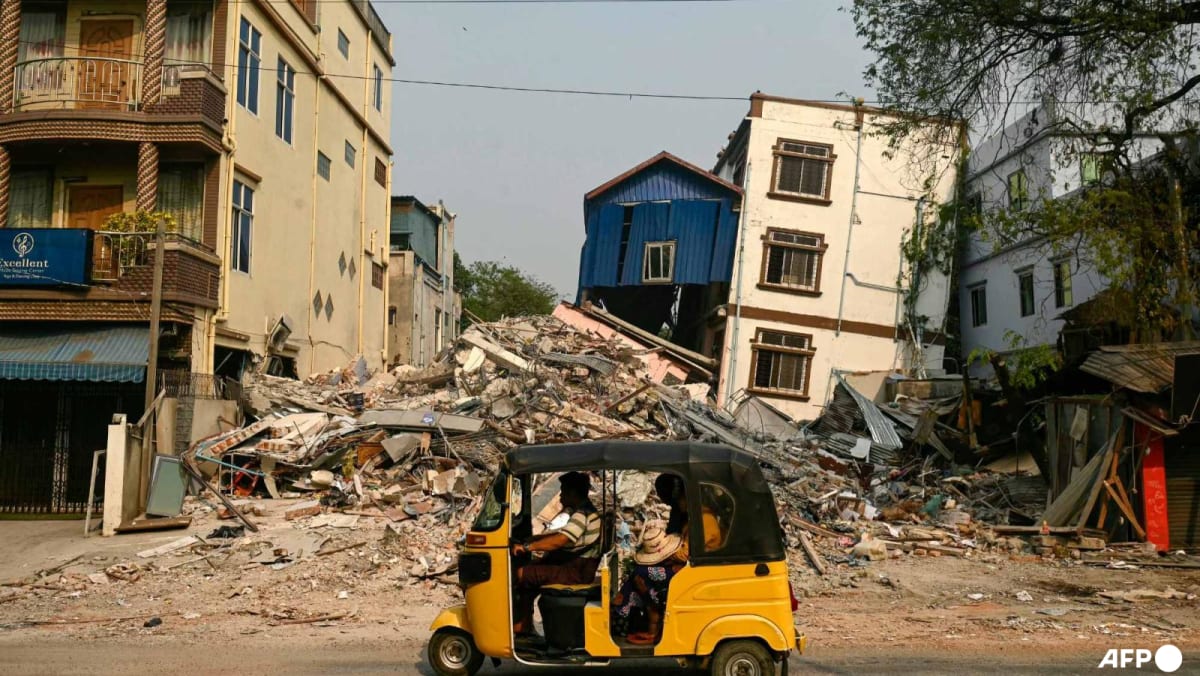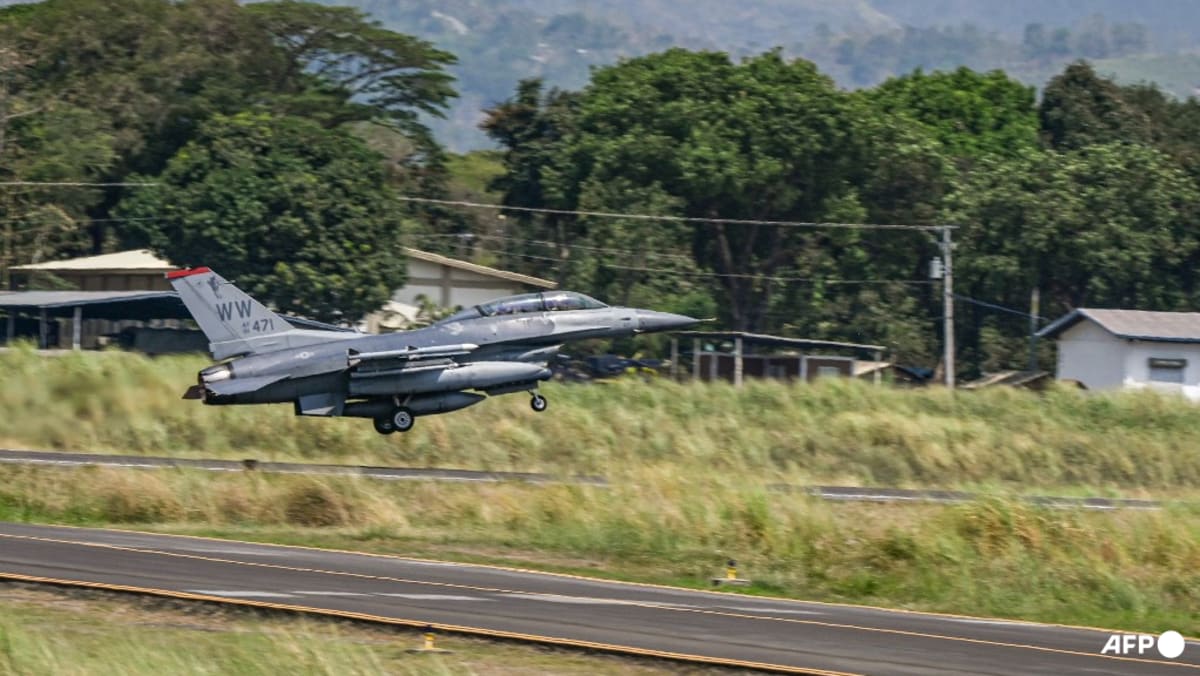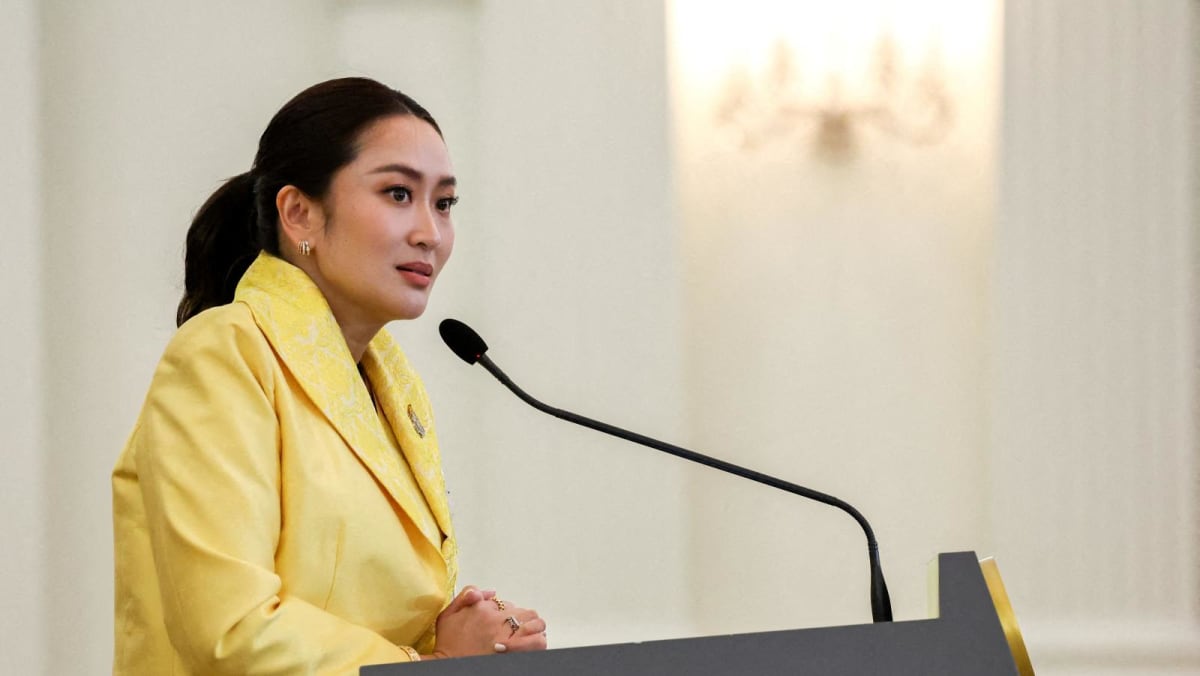Analysis: The Anwar government’s growing push against Big Tech raises questions of its true intentions

GE15 saw a large swing of the Malay vote towards the opposition Perikatan Nasional (PN), in what analysts have described as a “green wave” attributed to social media propaganda and a loss of confidence in BN as the main upholder of Malay rights.
The unity government also took a hit during six state elections in August 2023, which saw the opposition gaining more ground in traditional government strongholds despite an outcome of status quo.
But Mr Anwar seems more politically secure now as six opposition MPs who pledged support for the premier in return for constituency allocations were not required to vacate their seats, as ruled by the parliament speaker.
Malaysia must hold its next general election by February 2028. Mr Anwar’s party has stated its intention to retain him as prime minister.
SILENCING CRITICISM
Mr Praba Ganesan, chief executive at democracy outreach organisation KUASA, said the licensing regime could be seen as Mr Anwar’s unity government wanting safeguards to deal with online “vitriol” towards the incumbent.
“Naturally, Pakatan-BN wants the option to upend PN’s social media if it takes off too well during the election season,” he wrote in an opinion piece published by the Malay Mail on Aug 1.
Mr Ganesan said while no sensible government will ignore social media and its job to regulate such platforms, it can also deploy censorship to “protect its own rule”.
“Malaysia’s efforts are not unique nor isolated but it worries nevertheless. Especially when phrases like kill switch are bandied about,” he added.
On Aug 1, the MCMC gave more clarity on the class licensing regime for social media platforms, stressing that regulatory intervention has become “essential” given a rise in online harm in recent years.
MCMC said the class licence is an existing one that social media platforms were previously exempted from. Licence holders are required to have “robust policies” against online harms and comply with MCMC directions issued under the Communications and Multimedia Act or subsidiary legislation.
Eligible social media platforms and internet messaging companies – those that have more than eight million registered users in the country – that fail to get the class licence could face penalties of up to five years’ jail and a maximum fine of RM500,000 (US$111,235). Operators could also be fined RM1,000 for each day they remain unlicensed.
MCMC said its directions cannot be issued “arbitrarily and must adhere to due process”, noting that parties will be granted an “opportunity to be heard” before a direction is issued. Parties can also challenge directions at an appeal tribunal and thereafter with a judicial review, it said.
Mr Ganesan, however, said a “niggling” question remains: “If a platform fails to procure a licence, does it cease to operate in Malaysia?”
SOCIAL MEDIA PLATFORMS PLAY BALL
While Deputy Prime Minister Ahmad Zahid Hamidi, who is also BN chairman, has threatened noncompliant social media platforms with a ban, the Communications Minister Mr Fahmi said the government has no intentions of doing so.
Mr Fahmi previously acknowledged social media’s value in a country like Malaysia, which uses a wide range of such platforms.
CNA has contacted Meta, TikTok and Google-owned YouTube for comments on Malaysia’s concerted push to regulate social media and the number of takedown requests it has made.
MCMC has not said which platforms are considered to have eight million users in the country, only that it will mainly use data from its “official surveys” and other “publicly available and reliable data points” to quantify the number of users.
Local media, however, reported that these firms include Meta’s Facebook and WhatsApp, Bytedance’s TikTok as well as Elon Musk’s X, among others.
Dr Benjamin Loh, a senior lecturer in media and communication at Taylor’s University, believes platforms have little choice but to comply in a social media-crazy region with governments similarly keen on regulating it.
“I believe that the platforms would likely acquiesce as there could be a potential domino effect on the rest of the region,” he told CNA, noting that Indonesia and the Philippines are the largest users of social media.
“Many of these older tech companies are now in their payoff phase, meaning they can’t risk losing markets.”
For now, it seems that the largest social media platforms are ready to play ball.
MCMC figures indicate that Meta-run platforms Instagram, Facebook and WhatsApp have a takedown request compliance rate of 79 to 88 per cent, while TikTok is at 76 per cent.
Source: CNA


